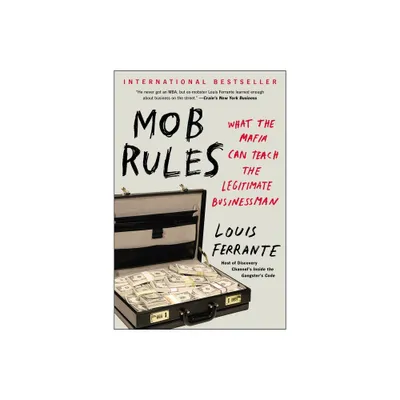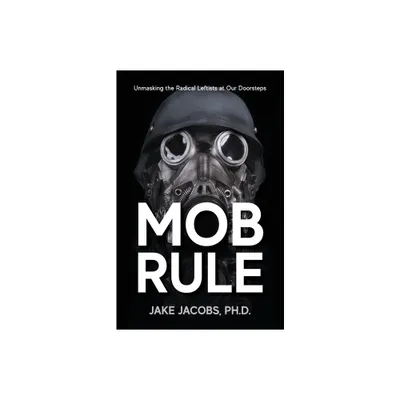Home
The Myth of Mob Rule: Violent Crime and Democratic Politics
Loading Inventory...
Barnes and Noble
The Myth of Mob Rule: Violent Crime and Democratic Politics
Current price: $65.00


Barnes and Noble
The Myth of Mob Rule: Violent Crime and Democratic Politics
Current price: $65.00
Loading Inventory...
Size: Hardcover
*Product Information may vary - to confirm product availability, pricing, and additional information please contact Barnes and Noble
In
The Myth of Mob Rule
, Lisa Miller compares three countriesthe US, the UK, and the Netherlandsand explores when and with what consequences crime becomes a politically salient issue. Drawing from extensive original research, her findings reverse many of the accepted causal claims in the literature, finding that countries with multi-party parliamentary systems are more responsive to mass publics than the U.S. on crime and that such responsiveness promotes protection from a range of social risks, including from excessive violence and state repression. In other words, democratic publics in such countries support measures against violent crime, but also support policies that alleviate and improve social conditions in high-crime areas.
is essential reading for anyone concerned with the ways that political institutions affect crime and social welfare.
The Myth of Mob Rule
, Lisa Miller compares three countriesthe US, the UK, and the Netherlandsand explores when and with what consequences crime becomes a politically salient issue. Drawing from extensive original research, her findings reverse many of the accepted causal claims in the literature, finding that countries with multi-party parliamentary systems are more responsive to mass publics than the U.S. on crime and that such responsiveness promotes protection from a range of social risks, including from excessive violence and state repression. In other words, democratic publics in such countries support measures against violent crime, but also support policies that alleviate and improve social conditions in high-crime areas.
is essential reading for anyone concerned with the ways that political institutions affect crime and social welfare.

















